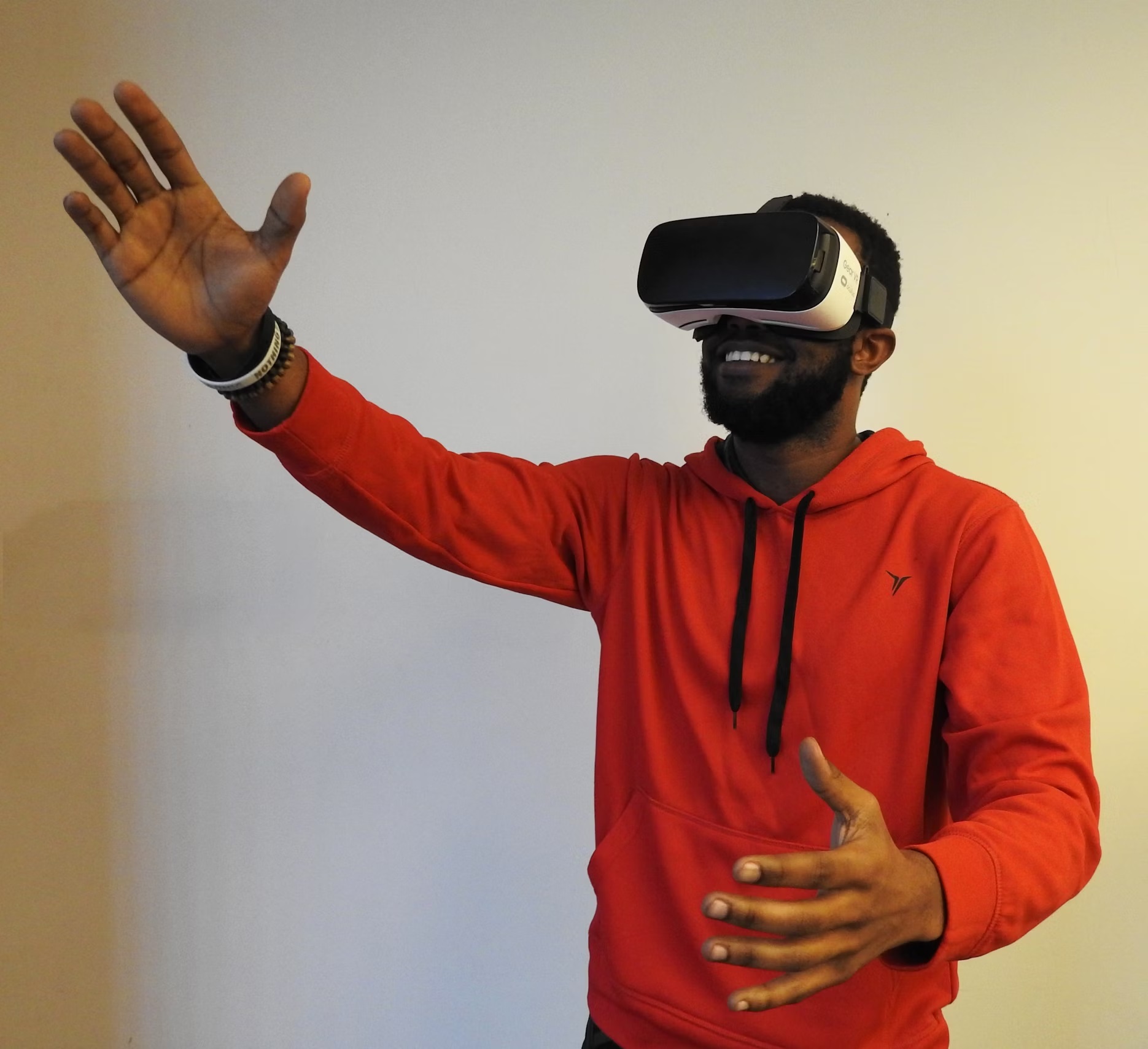As the landscape of work undergoes profound changes, driven by technological advancements, evolving workforce expectations, and a growing emphasis on sustainability, the role of facilities management (FM) in shaping the future of workspaces is more critical than ever. Innovations in FM are set to redefine traditional workspaces, creating environments that are not only more efficient and flexible but also healthier and more sustainable. This article explores the future trends in facilities management services that promise to transform our concept of workspaces.
Integrating Smart Building Technologies
The Rise of IoT and AI
The integration of Internet of Things (IoT) and Artificial Intelligence (AI) technologies is set to revolutionise facilities management by enabling smarter, more responsive workspaces. IoT sensors can monitor various aspects of the workplace, from temperature and humidity to occupancy levels, providing real-time data that AI algorithms can use to optimise building operations. This could lead to workspaces that automatically adjust lighting, heating, and air conditioning to improve comfort and energy efficiency.
Predictive Maintenance
Leveraging AI for predictive maintenance will become increasingly common. By analysing data from IoT devices, AI can predict when equipment is likely to fail or require maintenance, allowing for interventions that prevent downtime and extend asset lifespans. This shift from reactive to predictive maintenance will minimise disruptions and reduce costs, contributing to more efficient operations.
Embracing Sustainability and Well-being
Green Buildings
Sustainability will remain a key focus, with a push towards green building certifications such as LEED and BREEAM becoming standard practice. Facilities management will play a pivotal role in implementing sustainable technologies, from renewable energy sources to water recycling systems, driving the transition towards zero-carbon workspaces.
Focus on Employee Well-being
Facilities management services will increasingly prioritise employee well-being, recognising its impact on productivity and retention. Innovations will include the design and maintenance of workspaces that promote physical health, such as ergonomic furniture and natural lighting, as well as mental well-being, through features like green spaces and wellness areas.
Facilitating Flexible and Hybrid Work Models
Adaptive Spaces
As hybrid work models become the norm, facilities management will focus on creating adaptive spaces that can accommodate a range of working styles and needs. This will involve flexible office layouts that can be easily reconfigured for individual work, collaboration, or social interactions, supported by technology that enables seamless transitions between different work modes.
Technology-Enabled Collaboration
Technology will play a key role in facilitating collaboration in the hybrid workspace. Facilities management services will integrate advanced conferencing technologies, digital whiteboards, and collaboration platforms to ensure that remote and in-office team members can work together effectively, regardless of their physical location.
Leveraging Data for Decision Making
Advanced Analytics and Dashboarding
The future of facilities management will see an increased reliance on data analytics and dashboarding tools to inform decision-making. By aggregating data from various sources, FM professionals can gain insights into space utilisation, energy consumption, and employee preferences, enabling them to tailor services and investments to meet the evolving needs of the workforce.
Personalisation of Workspace Experiences
The use of data will also enable the personalisation of workspace experiences. Facilities management services can use data on individual preferences and behaviours to adjust environmental conditions, suggest available meeting rooms, or even recommend break times, enhancing employee satisfaction and productivity.
Prioritising Security and Privacy
Advanced Security Systems
In an era of increased cyber and physical security threats, facilities management will prioritise the integration of advanced security systems. This will include biometric access controls, surveillance technologies, and cybersecurity measures that protect both physical and digital assets, ensuring a safe working environment for all.
Privacy-First Approach
As technology becomes more pervasive in the workspace, maintaining employee privacy will become a critical concern. Facilities management will need to adopt a privacy-first approach, ensuring that data collection and monitoring practices are transparent and comply with regulatory requirements, building trust among the workforce.
The Impact of Emerging Technologies
Augmented and Virtual Reality
Augmented Reality (AR) and Virtual Reality (VR) technologies hold the potential to further transform workspaces. Facilities management could utilise AR for maintenance and operations, overlaying digital information onto physical spaces to guide repairs or highlight safety hazards. VR could be used for virtual tours or simulations, aiding in space planning and design.
3D Printing
The adoption of 3D printing technology by facilities management services could revolutionise aspects of maintenance and design. From printing replacement parts on-demand to creating custom fixtures and furniture, 3D printing offers a fast, cost-effective solution to various facilities management challenges.
Conclusion
The future of workspaces is on the cusp of a transformation, driven by innovations in facilities management. The integration of smart technologies, a commitment to sustainability and well-being, the facilitation of flexible work models, and the strategic use of data are set to redefine traditional workspaces. By embracing these trends, facilities management services can create environments that not only meet the evolving needs

